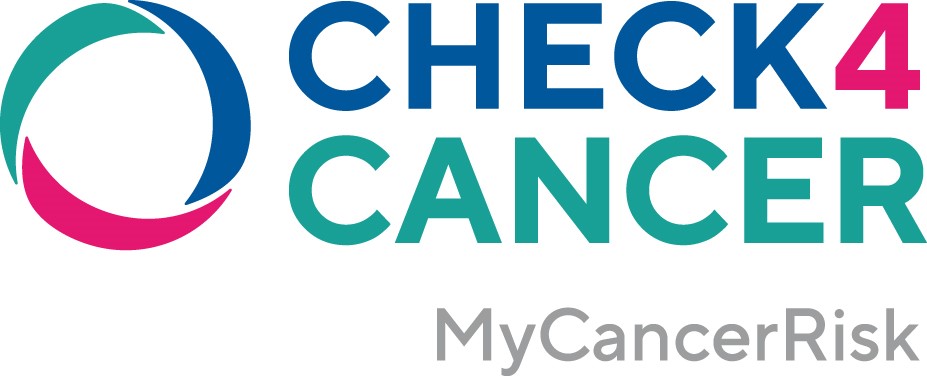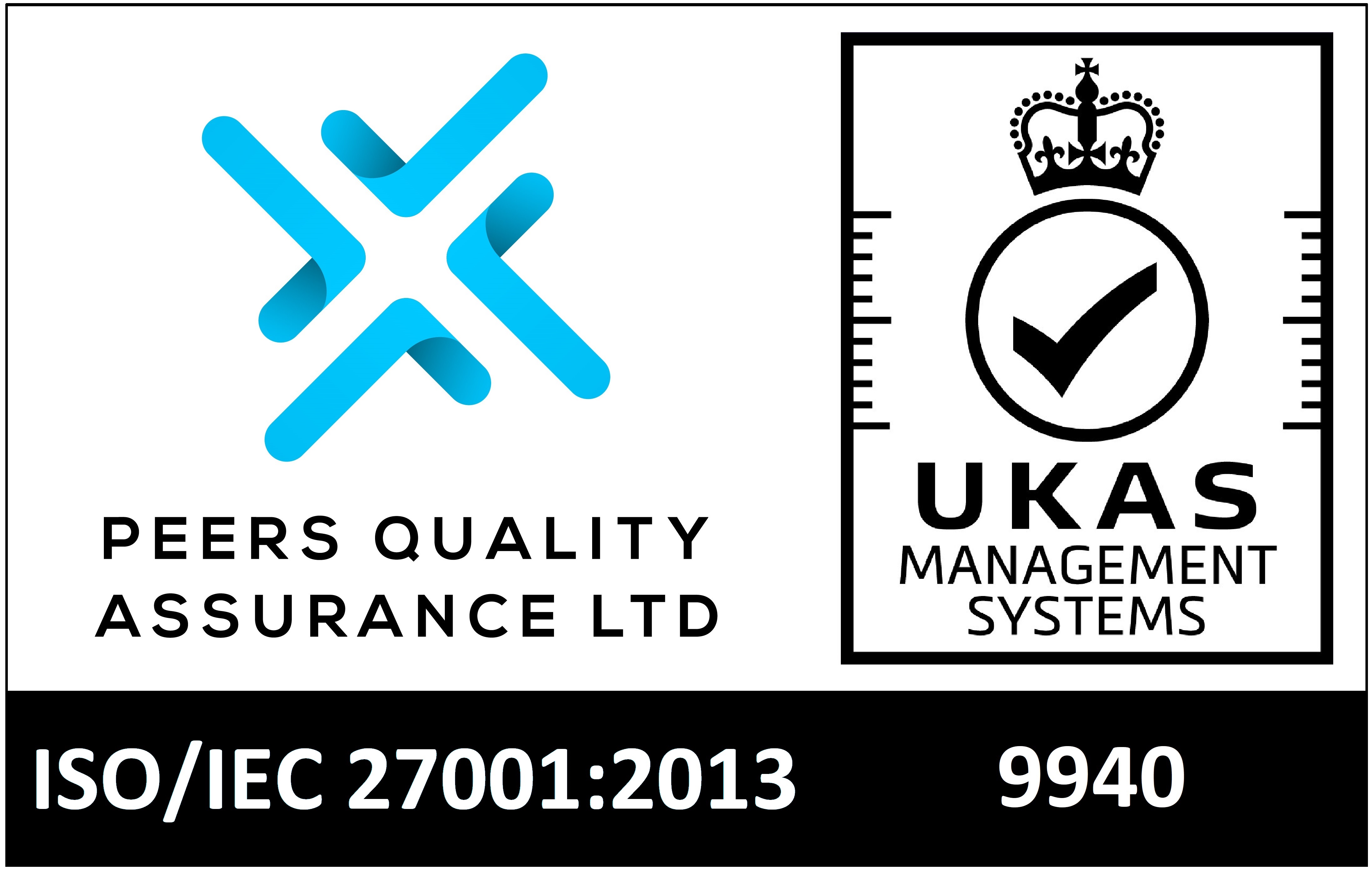Who is at risk of Bowel Cancer?
Bowel cancer is a very serious disease affecting approximately 41,000 people in the UK every year and it is the UK’s second-biggest killer.
The risk of developing bowel cancer, also known as colon cancer, is influenced by a number of factors. Understanding these bowel cancer risk factors can help you make changes to your lifestyle and be aware of the condition. Just because you have a risk factor doesn’t necessarily mean you will develop bowel cancer.
What should you look out for, what are the symptoms?
The same signs can also indicate other less serious conditions such as haemorrhoids (piles), irritable bowel syndrome (IBS), diverticular disease, infection or inflammatory bowel disease (ulcerative colitis/Crohn’s disease). However, if you have any of the symptoms of bowel cancer listed below you should seek the advice of your GP immediately for further tests to confirm a diagnosis.
The symptoms of bowel cancer are:
- Blood in your stools (poo) or bleeding from your bottom
- A change in your bowel habits that lasts longer than three weeks. This may include an increase in the frequency of passing stools, loosening of the stool and less commonly hardening of the stool i.e. diarrhoea or constipation
- Unexplained weight loss
- A constant or intermittent pain in your tummy
- A lump in your tummy that doesn’t go away
- Extreme tiredness for no particular reason
- A feeling that you haven’t fully emptied your back passage after going to the toilet
As the disease progresses there may be other signs of bowel cancer to look out for. Bleeding may occur internally in the bowel but not be evident in the poo, leading to anaemia. This may cause:
- Breathlessness
- Dizziness
- Tiredness
- Looking pale
If the bowel cancer causes an obstruction you may also experience the following signs and symptoms:
- Vomiting
- Bloating/distension – particularly in the area around your belly button.
- Difficulty in having a poo and/or passing wind/gas
How to reduce your risk
A number of changes to your lifestyle can significantly reduce your risk of bowel cancer including:
- Eating less red or processed meat
- Eating a healthy balanced diet that includes fruit, vegetable, whole grains and fibre
- Reducing your weight if overweight or obese
- Reducing your alcohol intake
- Stopping smoking – find out more about starting a smoking cessation programme in the NHS by clicking here
- Having regular bowel cancer screening from age 45+
Why should I get tested?
Bowel cancer screening can help to detect cancers in their earliest stages and ensure you get treatment early. Screening can also detect the non-cancerous lesions (polyps) that may subsequently turn into cancer, and allow these to be removed, thus preventing bowel cancer from forming.
There is an NHS bowel cancer screening programme in the UK, BUT it is only available to people aged 60 or above (50 or above in Scotland). Since bowel cancer rates start to increase from the age of 45, it is possible to be tested privately with BowelCheck from this age.
Unlike the NHS bowel cancer screening programme, BowelCheck is available to anyone over the age of 45 and the testing mechanism is more advanced leading to more accurate results. No bowel cancer screening test can be guaranteed to be 100% accurate, and a positive result from BowelCheck will mean that further investigations are likely to be recommended.
The prognosis for bowel cancer can be very good if it is detected at the very early stages, which is why bowel cancer screening like BowelCheck is so important.
How can I get tested? What are the tests available and how does it work?
If you are worried about bowel cancer, Check4Cancer has developed BowelCheck, a simple testing kit that you can use in the comfort of your own home.
Initial tests for bowel cancer actually detect the presence of blood in a stool (poo) sample. This is known as a faecal occult blood test which involves sending a sample of poo to the lab for testing. If blood is detected, further investigations will be necessary and may include a colonoscopy (an examination of the whole of the large bowel using a flexible camera), a flexible sigmoidoscopy (a camera examination of the lower part of the bowel) or a virtual colonoscopy (a CT scan).
How doctors treat bowel cancer depends on the stage of the disease at diagnosis. Surgery is generally required to remove the affected part of the bowel. If the disease is more advanced, you may require chemotherapy and/or radiotherapy as well, and new approaches to treatment are looking at therapies which may reduce the risk of it coming back.
Find out more
- Ask the Expert: Professor Andrew Beggs answers the most pressing questions about bowel cancer
- World Cancer Day - The importance of screening & reducing your risk
- Reduce your cancer risk with lifestyle changes that you can make today
- 7 things everyone should know about bowel cancer.
- 5 ways to reduce your risk of bowel cancer.
- What are the symptoms of bowel cancer?
- Getting tested for bowel cancer.
Why do you have to be a certain age to access screening?
Cancer screening is available at ages when the benefits are greatest, and the harms are smallest. These ages are determined by research and clinical guidance to ensure the benefits of screening outweigh the risks to individuals.
People who are at a younger age than the screening age limits are generally at a lower risk of cancer so for this group, the harms of screening would outweigh the benefits.
If you are experiencing any symptoms, screening is not suitable for you so please contact your GP as soon as possible to discuss your symptoms.
What if I am at higher risk and below the age limit for screening?
If you have been found to be at a higher risk for a particular cancer type, it is still important for you to be aware of this information. This could be as a result of your family history and/or your lifestyle factors. If you have a strong family history of a particular cancer you should speak with your GP to see if you are eligible for earlier NHS screening.
If your lifestyle factors are increasing your risk, you can visit the Education Hub to access information and guidance around possible ways to reduce your risk.





